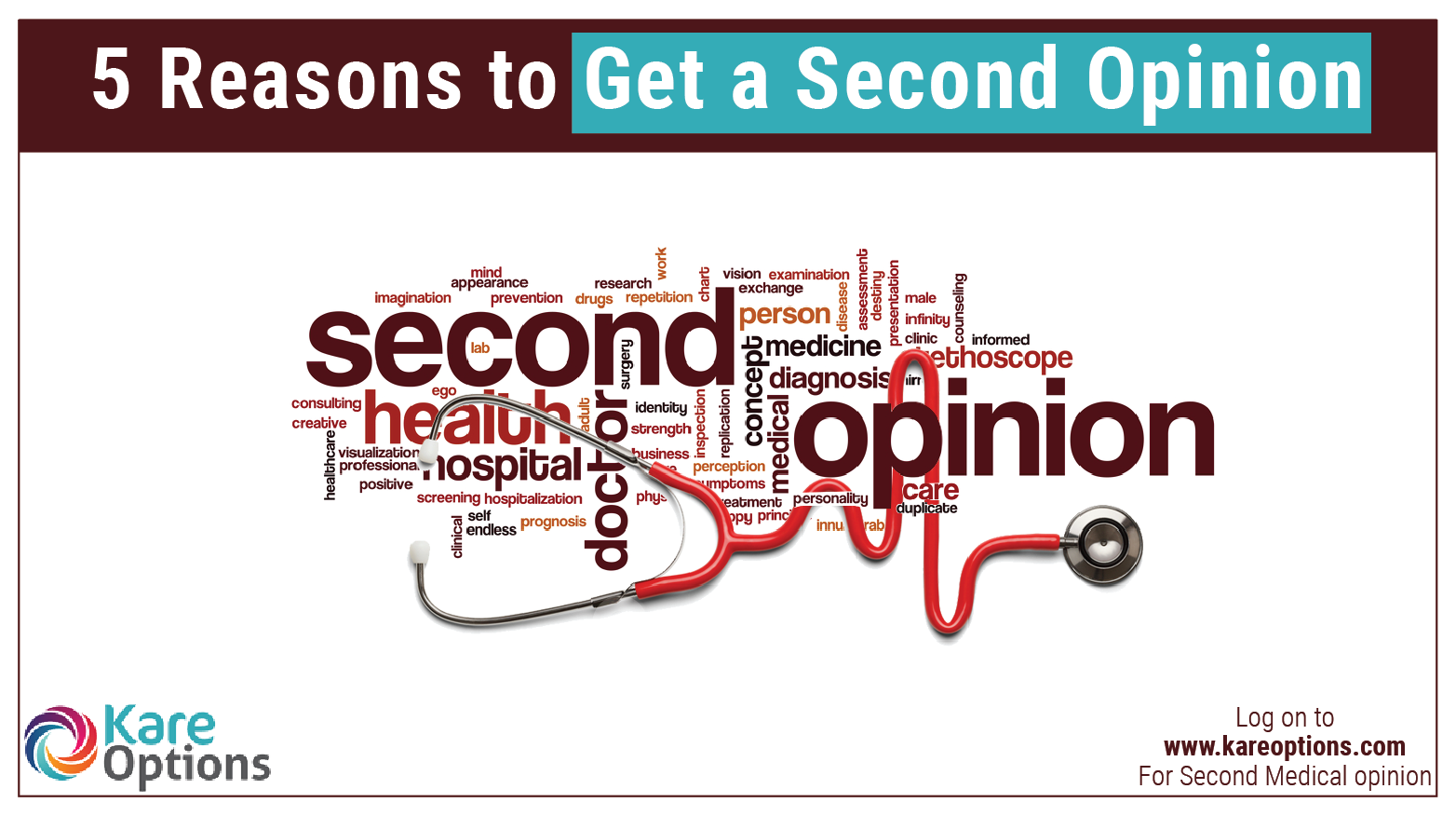It is not surprising when doctors make mistakes, or when the opinions of doctors differ. This is why patients prefer getting a prompt second opinion. It helps to make their diagnosis and treatment plan more acceptable. Conclusions from second opinions have a higher level of confidence. Often, patients feel at peace when the second opinion confirms an existing diagnosis. These circumstances warrant the need for more medical advice. An educated decision about the proposed treatment is the best way forward.
The Divergence and Discrepancy in Second Opinion
The latest research on second medical opinion elaborates the term “divergent opinions”. This is a common occurrence during patient encounters involving more than one physician. Research indicates that patient education about second opinions begins with the doctor.
Evidence from observational studies shows that imaging may have discrepancies. The same is true for histopathology studies. In most cases, there is a disagreement about the medical opinions offered. When there is a discrepancy in medical opinions, doctors refer patients to specialists. Patients choose the opinion that is “most consistent” with their present case.
The downside about doctors acting as a source of guidance is the possibility of a bias. Doctors may feel that less educated patients or the aged population do not need a second opinion. This perspective requires self-awareness among doctors. Also, a system to support patients with specialists and tools helps resolve discrepancies.
Medical Second Opinion and your Reasoning
That said, here are the most common reasons for getting a second opinion:
- You may still have the same symptoms after following a prescribed treatment. This is not surprising and such a scenario qualifies for a second medical opinion. A second opinion doctor is the ultimate guide in this case. He or she is the source of guidance for an accurate diagnosis and effective treatment plan.
- When you have a diagnosis of a rare disease, you may face uncertainty and fear. Rare diseases are often backed by little research. Rare disorders have less information available, and patients seldom understand them. This problem gets worse as the number of cases diagnosed increases overtime. In such cases, a second opinion opens up the best possible treatment choices.
- Cancer manifests in various forms. It requires expert guidance to get information on treatment options that work. But, doctors are generally not well-informed about the latest available clinical evidence. Thus, self-advocacy through a second medical opinion offers the best possible treatment plan.
- Another instance that requires second opinion consultation is the case of invasive surgery. This surgery is risky and has lifelong implications. The right kind of information leads to the best possible options for treatment.
- Finally, you are your best judge. It is a good idea to follow your intuition about a second opinion. This helps you decide whether it will address the unique aspects of your medical case. A second opinion doctor acts as an advisor to help you make an informed decision. As a patient, questioning is the most important aspect of your physician encounter. It is also your job to gather information and carry out the necessary research. These steps help you with your final healthcare decision.
Second opinion consultation is gaining popularity among patients. Further, medical researchers often refine the approach to this crucial decision-making process. The research community upholds the value of a second medical opinion. They reason that it is important for positive patient outcomes.
What the Future Holds for Second Opinions
The need for an accurate healthcare decision system is still unmet. Second opinion doctors need better systems to support them. These systems must be capable of suggesting an accurate plan to treat a condition. Luxton’s commentary is about IBM Watson as a potential AI system for the second opinion. It describes important ethical and legal aspects of clinical decision-making.
Watson is an AI-based tool with capabilities like natural language processing. It uses semantic analysis and automated reasoning to solve problems. At its core is the DeepQA or Deep Question and Answer architecture. Watson receives data on clinical literature, test results, and health records. Then it looks for the most important parts of patient data to form hypotheses. Finally, it scores the assumptions using evidence to assist in healthcare decision-making.
Luxton’s discussion validates the need for a second medical opinion. It also explains the value of advanced systems in supporting decision-making. This process helps to develop the best possible treatment recommendations.
Disclaimer:
“KareOptions does not have any intention to provide specific medical advice, but rather to provide its users and/ or the general public with information to better understand their health. All content (including text, graphics, images, information, etc.) provided herein is for general informational purposes only and is not a substitute for professional medical advice, care, diagnosis, or treatment. KareOptions makes no representation and assumes no responsibility/ liability for the accuracy of the information, advice, diagnosis, treatment provided herein or on its website. NEVER DISREGARD PROFESSIONAL MEDICAL ADVICE OR DELAY IN SEEKING TREATMENT BECAUSE OF SOMETHING YOU HAVE READ IT HERE OR ACCESSED THROUGH THE KAREOPTIONS WEBSITE.”


